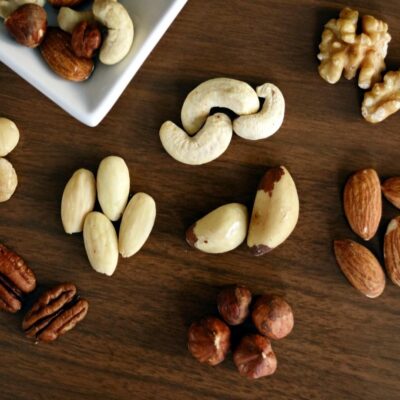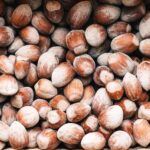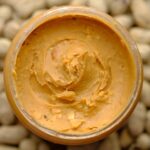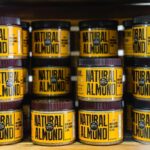No, dogs should not eat brazil nuts since they are one of the fattiest nuts. Their high fat content can cause digestive distress in dogs and also read to rapid weight gain. Over some time, regularly eating brazil nuts can lead to obesity, pancreatitis, and diabetes in dogs.

Caution: This food is generally considered risky by the veterinary community. Dogs should not eat this food and should be monitored for adverse effects.
| Food Safety | Not toxic but must be avoided due to high fat content. |
| Nutritional Issues | Brazil nuts are high in fat and difficult for your dog to digest. |
| Potential Risks | Intestinal obstruction from eating too many brazil nuts. Dogs can also develop conditions, such as pancreatitis, from regularly eating brazil nuts. These nuts can also be a choking hazard. |
| Symptoms | Vomiting, difficulty passing stool, abdominal pain, diarrhea. Loss of appetite. |
How Many Brazil Nuts Are Bad for Dogs?
One or two brazil nuts might not cause issues for your dog. However, more nuts than that can lead to digestive problems and a significant amount might even cause an intestinal obstruction.
What Makes Brazil Nuts Unsafe?
Brazil nuts are one of the nuts that are highest in calories and most of their calories come from fat. High-fat foods are incompatible with a dog’s digestive system and, therefore, can lead to digestive distress. Even after the brazil nuts are digested, they can lead to rapid weight gain, which can cause subsequent health issues for your dog. Fat should not exceed 10 to 15% of a dog’s daily calorie intake, and brazil nuts amount to more than that.
Frequently Asked Questions
-
Brazil nuts are not toxic to dogs. Their selenium content might be concerning for humans, however, it does not pose a risk to dogs.
-
Brazil nuts are already high in fat and feeding your dog its butter can only be harmful to its health.







